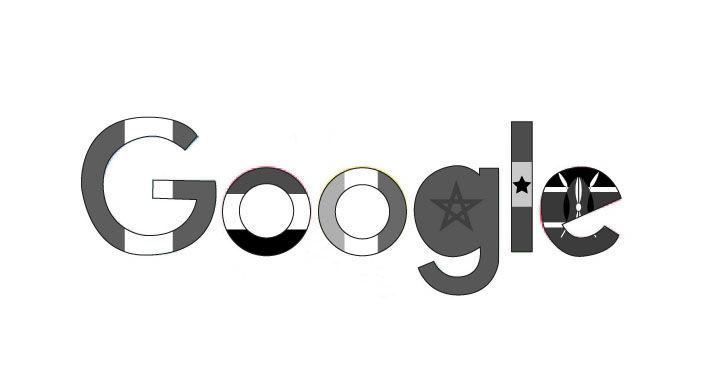In August, Google announced it is partnering with Infinix, a mobile company, to sell low-cost Android phones in six African countries.
Last year, Infinix and Google launched Android One, a line of devices specifically geared towards customers buying their first smartphone. These phones will be sold in Nigeria, Egypt, Ivory Coast, Ghana, Morocco and Kenya.
Carmela Garritano, associate professor of Africana studies and film studies, said for Google this movement is about expanding the market. In Ghana, Nigeria and South Africa, the Blackberry dominates sales, even exceeding Apple’s iPhones.
“Google sees this as a way to increase their market base and make lots of money — smartphone sales in Africa are booming, and have been for years,” Garritano said.
Garritano said she doubts the impact will be significant due to the rate of availability of phones in Africa already.
“I don’t think the impact of this will be extraordinary because cell phones were widely available and in use, and at much cheaper rates in Africa, long before they were widely used here,” Garritano said.
Garritano said cell phones are much more popular in Africa than what most people believe.
“I was in Ghana in 1999-2000 and cell phones were all over the place,” Garritano said. “I was shocked because in the U.S., when I left, only a few people had them. Smartphones, too, have been available in African countries for as long as they have been available anywhere else.”
Dinah Hannaford, international studies professor, said there are infrastructure problems in getting landlines throughout Africa, so cell phones are very popular.
“I think this initiative is countering the narrative that Africans aren’t using technology,” Hannaford said. “There is large use of technology throughout Africa and there is a want for these products. Google is refuting the myth. It is highlighting an entrepreneurial spirit in Africa.”
Hannaford said there is a lot of potential with this launch and she expects the program to be successful.
“In Egypt during the Arab Spring, YouTube was widely used to share information as well as other apps,” Hannaford said. “These places have a thirst and are involved in social media and use of apps. They could use smartphones to make it easier.”
Hannaford said these phones may help diminish the stereotypes that African countries lack technology.
“I think it will be a beginning of a trend. It is exciting to see what apps will be created when people have access to these tools,” Hannaford said. “It is really important to portray African markets as exciting and booming and attractive with engaged consumers.”










